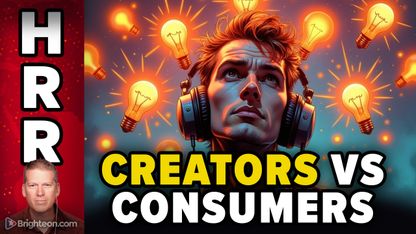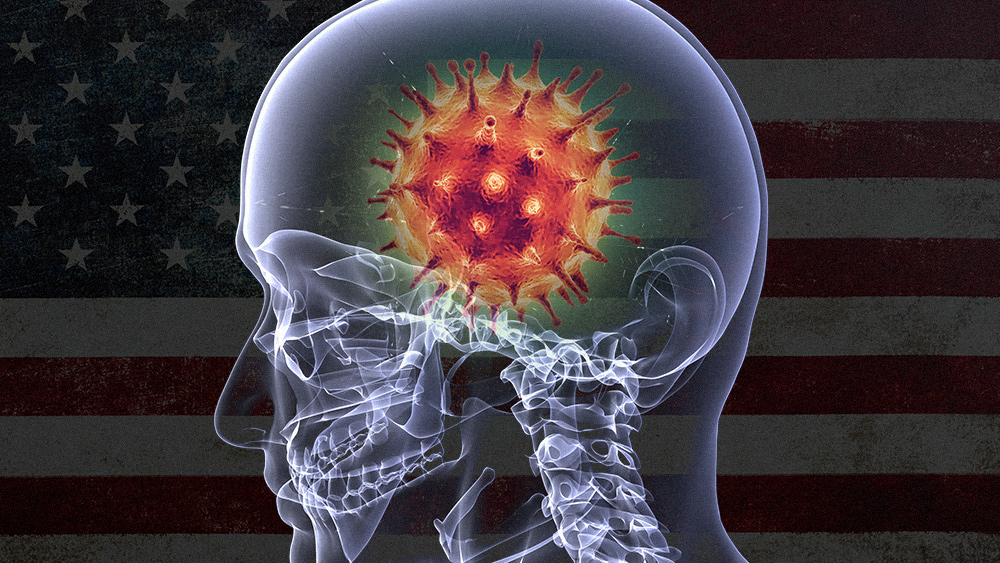
The mainstream medical community is quick to diagnose mental disorders and even quicker to prescribe chemical medications to treat them, overlooking or ignoring the root causes of many such issues. Often overlooked is the link between dietary choices or nutritional deficiencies and serious mental health problems. Among the most vital nutrients for mental well-being are the eight B vitamins: B1 (thiamin), B2 (riboflavin), B3 (niacin), B5 (pantothenic acid), B6 (pyridoxine), B7 (biotin), B9 (folate or folic acid) and B12 (cyanocobalamin).
All the B-vitamins are crucially important to mental health and fortunately are generally found together in certain types of food. Vitamin B12 can, however, only be found in animal products, including poultry, eggs, meat and dairy.
So, what exactly does vitamin B do, and why is it so vital for mental health and well-being?
B-vitamins are vitally important to many processes in the body, including the breakdown of carbohydrates into glucose, and the manufacture of red blood cells to carry iron and create hemoglobin. They are vitally important to maintaining normal brain and nervous system function. In fact, every single bodily function is reliant on B-vitamins or the glucose they provide.
A deficiency in the B-vitamins can therefore lead to a diverse array of problems, including decreased energy, depression, schizophrenia, psychosis and even death.
Neurologists have known since as far back as 1902, that severe vitamin B deficiencies can cause lesions on the brain, peripheral nerves and spinal cord. Dr. J. MacDonald Holmes, a neurologist with the Midland Center for Neurosurgery and a member of the Birmingham Regional Hospital Board, said back in 1956, “The end-result of untreated cerebral lesions may be a severe dementia.” He quoted another researcher, McAlpine, who in 1929 determined that the anemia that commonly results from a severe lack of vitamin B can lead to mental changes ranging from depression and loss of mental energy, all the way through to “definite psychoses.”
One of the earliest signs that you might be experiencing a vitamin B deficiency is depression. Early signs of a B12 shortage in particular include tingling or numbness of the hands, a loss of ability to taste or smell, joint pain and problems with balance.
Interestingly, B-vitamins have even proven effective in the treatment of schizophrenia, which affects around one percent of the population, and is one of the most debilitating and costly of all medical conditions.
A group of British and Australian researchers published a study in the journal Psychological Medicine in which they concluded, “When used as an adjunctive with antipsychotics, certain vitamins and minerals may be effective for improving symptomatic outcomes of schizophrenia, by restoring nutritional deficits, reducing oxidative stress, or modulating neurological pathways.”
Lead author Joseph Firth noted, “Looking at all of the data from clinical trials of vitamin and mineral supplements for schizophrenia to date, we can see that B vitamins effectively improve outcomes for patients.”
The high number of people battling mental illnesses would therefore seem to be a clear indication that our diet is not providing the B vitamins that we so desperately need. And that is not surprising since processing food destroys these vitamins in their natural form. The first step in correcting the problem, therefore, is to start eating whole, unprocessed foods. Try to grow your own organic, non-GMO fruits and vegetables, and to get your B12, be sure to eat free-range, grass-fed meat from animals that have not been given routine hormones and antibiotics. If you are vegan or vegetarian, be sure to get a high-quality Vitamin B12 supplement. And the National Institute of Medicine recommends that everyone over the age of 50 should add a B12 supplement to their diet.
Keep up with the latest on mental health issues at Psychiatry.news.
Sources include:
NCBI.NLM.NIH.gov [PDF]
Please contact us for more information.























